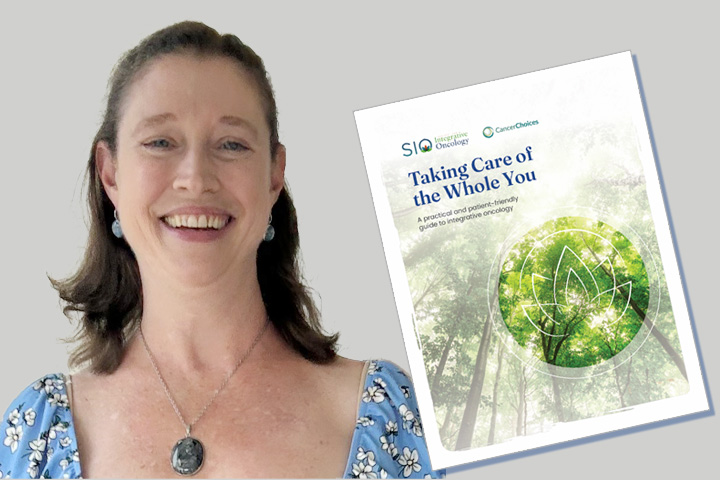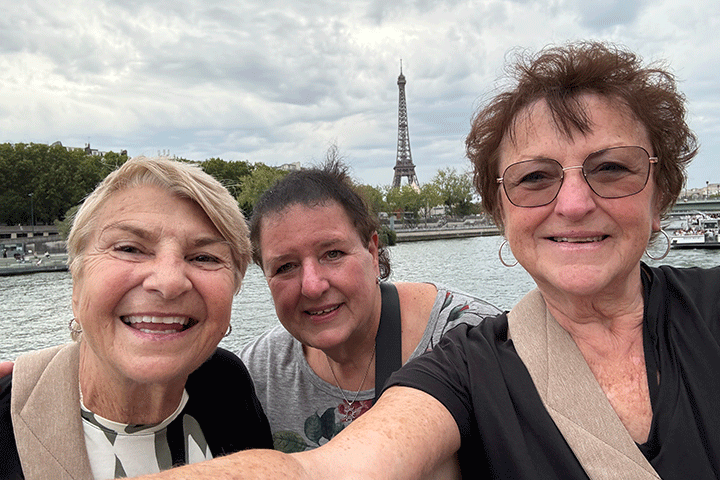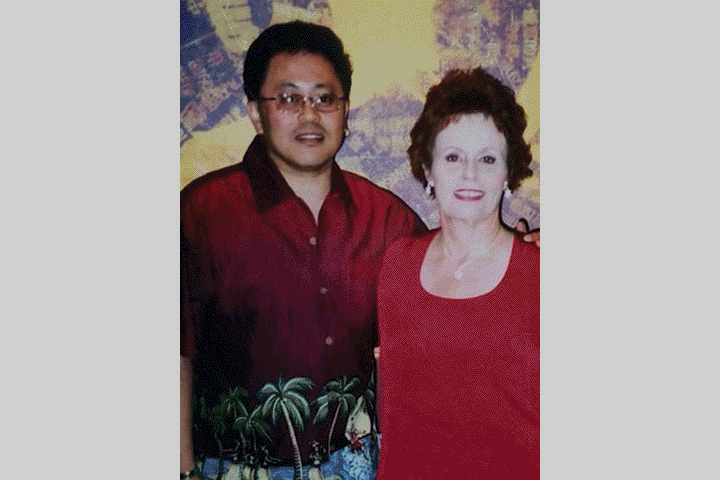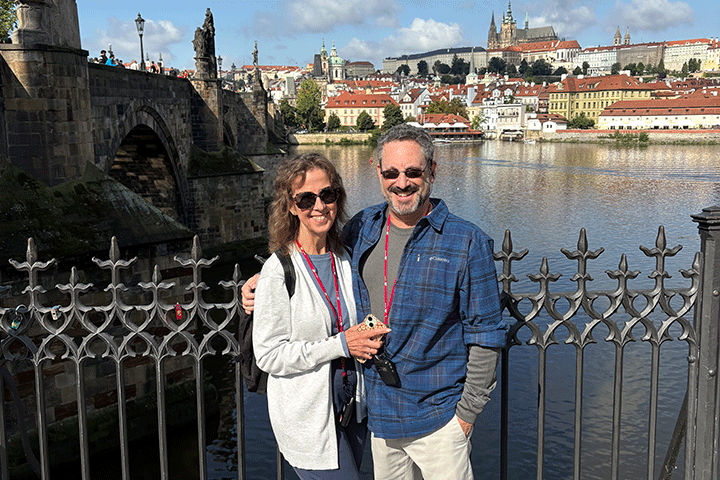I Thought it Was a Stomach Bug
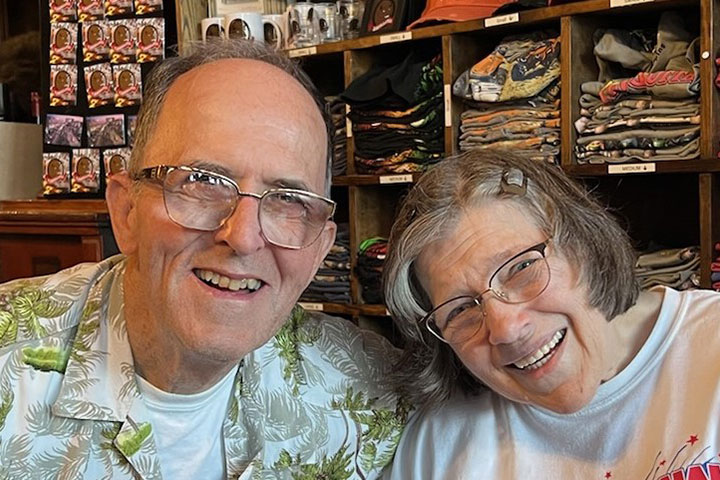
- Nausea and dark urine led to my diagnosis
- Whipple procedure
- Cancer found in a lymph node
- Oral and intravenous chemotherapy
I first got sick the day after my 40th wedding anniversary.
My story begins in 2016. For three weeks after our anniversary I thought I was battling some kind of bug. When I didn’t get better I went to my general practitioner, and then to a GI specialist who thought it might be cancer, but he wasn’t sure. I was referred to Huntsman Cancer Institute (HCI) in Salt Lake City, Utah, which was a three-hour drive away from my home in Idaho Falls, Idaho.
I did a series of inconclusive tests with a doctor there. He put in a stent in September 2016, and took a sample to biopsy. The first stent failed, so a week later he put in a larger stent and took another biopsy sample. I then had a CT scan and the doctor told me the results would be available about three weeks later. That doctor also referred me to Dr. Courtney Scaife, who specializes in gastrointestinal oncology and was the chief of the Section of Surgical Oncology at HCI. She called me soon after my CT scan, saying that I needed surgery immediately. It was on the books three days later.
Surgery Almost Wasn’t an Option
From her findings, Dr. Scaife concluded that my entire pancreas needed to be removed because the cancer was just one millimeter away from a major artery. If the cancer had been a fraction larger, the surgery would have been impossible. After surgery I also learned that the cancer had spread to a lymph node, which meant that I needed to undergo chemotherapy.
My chemotherapy ran from November 2016 through April 2017. I underwent gemcitabine chemo intravenously (IV) weekly every three out of four weeks during that six-month period. I also took capecitabine oral chemo every three out of four weeks.
No Evidence of Cancer
I now live in Rapid City, South Dakota. There is no evidence of cancer in my body and it’s been that way for six years.
I enjoy spending time with my family. We are very involved with our church. Of course, my wife and I have continued to celebrate additional wedding anniversaries through the years and look forward to many more in the years to come.
I have attended Pancreas Cancer Research Program Patient Advocacy meetings at HCI. The program was interrupted by COVID-19 and I hope to participate when it resumes. When I went to the meeting in November 2019, I was especially excited that new meds were being researched that would more effectively kill cancer cells with fewer side effects than chemotherapy. At that time it had been three years since my surgery. The doctors told me at that time if I had no pancreatic cancer metastasizing in six years I was most likely not going to die of pancreatic cancer. On October 3, 2022 it was six years since Dr. Scaife did the Whipple procedure on me.



